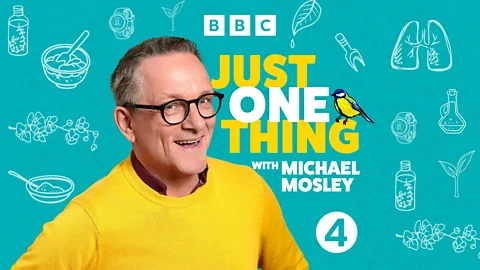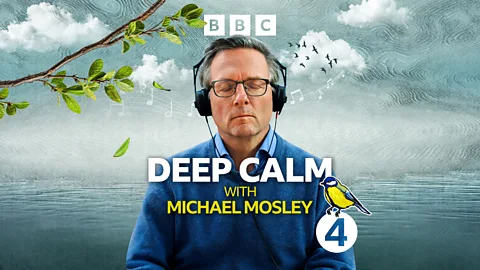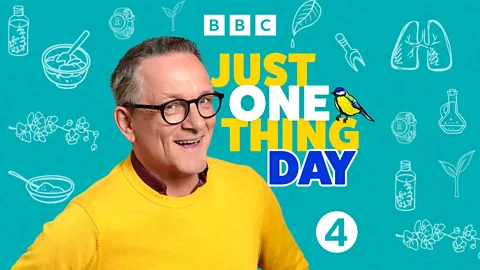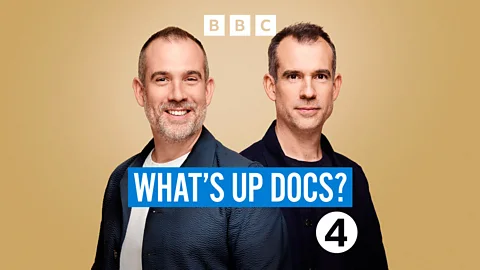
Just One Thing - with Michael Mosley
Just One Thing - with Michael Mosley
Take Vitamin D
Up next
January 17, 2024
14 minutes
Available for over a year
During the winter months, here in the UK, days are short and there isn’t enough sunlight for most of us to make the Vitamin D we need. Taking a tiny Vitamin D supplement is a minute change that could have a huge impact on our health. Professor David Llewellyn from Exeter University explains to Michael that Vitamin D helps clear abnormal proteins, such as amyloid plaques and tau, from the brain, which may help protect you from dementia. Having enough vitamin D can also boost your immune systems, making that common cold easier to recover from. It could even lift your mood! Volunteer Baljit tries making Vitamin D a habit.
Series Producer: Nija Dalal-Small
Science Producer: Catherine Wyler
Researcher: Sophie Richardson
Researcher: Will Hornbrook
Production Manager: Maria Simons
Editor: Zoe Heron
A BBC Studios production for BBC Sounds / BBC Radio 4.



